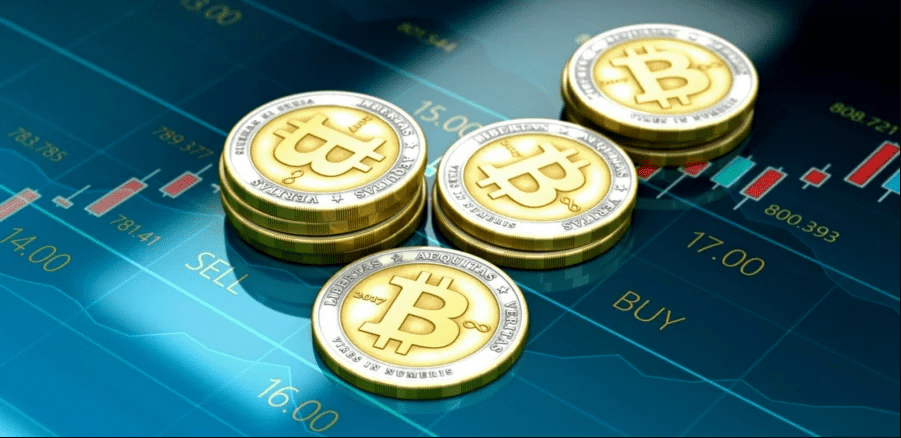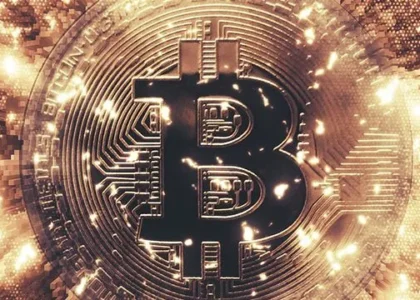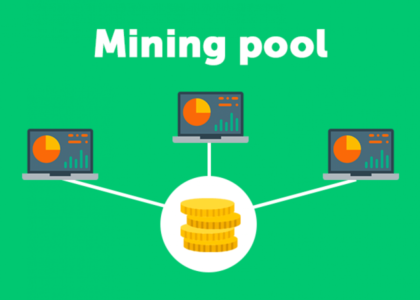A few days ago, Bitcoin miners’ profits from commissions alone amounted to more than $1 billion. The BlockChair platform reports that users have indeed been earning more income from commissions lately. This is due to new upgrades of the digital currency, somewhat similar to the Lightning Network and Segregated Witness protocols. What should we expect next? An interesting fact is that if we convert the miners’ profits to the current Bitcoin exchange rate, we will see the following. It slightly exceeds the $1 billion mark. In fact, since 2009, users have been able to receive about 204808.3479 bitcoins on commissions alone. If this number is converted into currency based on the current market rate, the amount will be equal to $1.86 billion. Jameson Lopp, CTO of the Casa project, said that users’ income from commissions will only grow for a few more years. In fact, all future halving will bring miners less profit than mining blocks of the first digital currency. Looking far ahead, money from commissions will be the main source of income for users. Moreover, it is likely to supplant the reward for each block. In order to make mining a profitable activity, users need to get as much profit as possible from commissions. Intercharge researchers believe that the share of commissions in the total income of miners of the first digital currency will be higher than the reward per block in the future. They assume that this will happen by about 2030. Transfer fees have 3 key functions that are necessary for the optimal operation of the Bitcoin network. The first one is to prevent spam attacks. In other words, the creation of many empty Bitcoin transactions in order to overload the network. The second function is believed to be that the fees should serve as an economic incentive for all users. Since only those transfers that are initiated by the highest fee can be the first to enter the blockchain. This way, it will be possible to put things in order with the addition of transfers to Bitcoin blocks. The vice president of the Navier consulting company had this to say: “It’s very simple: you pay more and your transaction is accepted faster. Thus, this mechanism is a fair way to select transactions from the pool of incomplete transfers.” The third, but the most significant function is considered to be that sufficiently high fees can secure the Bitcoin network. This way, miners will strive to do their own work. They will also not be able to be bribed by hackers and fraudsters.
- Compare
- Wishlist
-
- Service Center +38 (068) 011 39 42
- Sales department +38 (093) 170 78 75
- Email asicfoxbtc@gmail.com








Feedback (0)
Leave a review